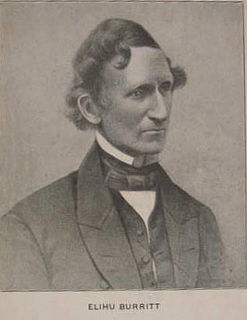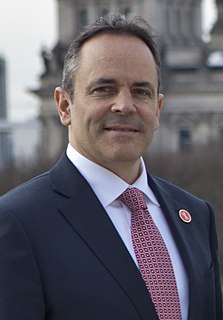A Quote by Charlotte Mason
Let them get at the books themselves, and do not let them be flooded with diluted talk from the lips of their teacher. The less the parents 'talk-in' and expound their rations of knowledge and thought to the children they are educating, the better for the children...Children must be allowed to ruminate, must be left alone with their own thoughts.
Related Quotes
You must learn to look at people who are angry with you straight in the eye without getting angry back. When children see their parents treating them this way, they then recognize the parents' authority. It speaks louder than words. Their new respect for the parents is as good for them as it is for the parents. It never works to demand respect of children. It must be given willingly as a result of strength of good character in the parents, which is manifested by their non-reaction to stress in the children.
Parents still have primary responsibility for raising children, but they must have the power to do so in ways consistent with their children's needs and their own values.... We must address ourselves less to the criticism and reform of parents themselves than to the criticism and reform of the institutions that sap their self-esteem and power.
To raise children you must have love and a wholesome understanding, and that is why a parent should pray fervently for their own salvation, so that their own sin does not get in the way. We can be saved from irritation and anger! Children can quickly sense if their parents are irritated, and then the children can be easily provoked and react stubbornly.
Children grow rapidly, forget the centuries-long embrace from their parents, which to them lasted but seconds. Children become adults, live far from their parents, live their own houses, learn ways of their own, suffer pain, grow old. Children curse their parents for their wrinkled skin and hoarse voices. Those now old children also want to stop time, but at another time. They want to freeze their own children at the center of time.
Parenthood abruptly catapults us into a permanent relationship with a stranger, and the more alien the stranger, the stronger the whiff of negativity. We depend on the guarantee in our children's faces that we will not die. Children whose defining quality annihilates that fantasy of immortality are a particular insult; we must love them for themselves, and not for the best of ourselves in them, and that is a great deal harder to do. Loving our own children is an exercise for the imagination.
Modern children were considerably less innocent than parents and the larger society supposed, and postmodern children are less competent than their parents and the society as a whole would like to believe. . . . The perception of childhood competence has shifted much of the responsibility for child protection and security from parents and society to children themselves.
Be ever gentle with the children God has given you; watch over them constantly; reprove them earnestly, but not in anger. In the forcible language of Scripture, "Be not bitter against them." "Yes, they are good boys," I once heard a kind father say. "I talk to them very much, but do not like to beat my, children--the world will beat them." It was a beautiful thought not elegantly expressed.
Kids not only need to read a lot but they need lots of books they can read right at their fingertips.They also need access to books that entice them, attract them to reading. Schools...can make it easy and unrisky for children to take books home for the evening or weekend by worrying less about losing books to children and more about losing children to illiteracy.
Although adults have a role to play in teaching social skills to children, it is often best that they play it unobtrusively. In particular, adults must guard against embarrassing unskilled children by correcting them too publicly and against labeling children as shy in ways that may lead the children to see themselves in just that way.
Michael and I will always be connected with the kids. I will always be there for him. I will always be there for the children. And people make remarks: 'I can't believe she left her children.' Left them? I left my children? I did not leave my children. My children are with their father, where they are supposed to be.



































